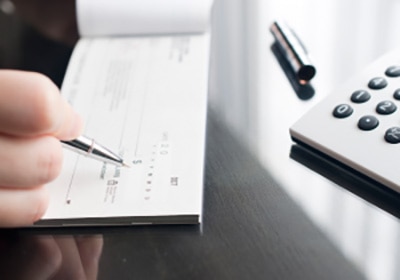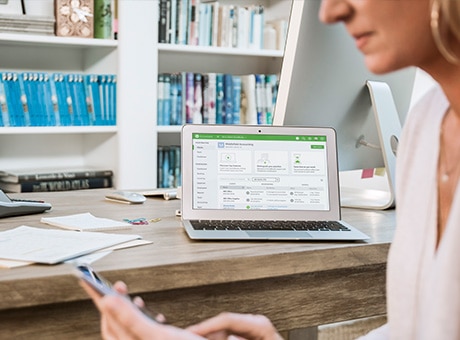Advantages of Accepting Cheques
Many customers, even today, prefer using cheques over credit or debit cards. To process transactions from such clients, it may be important for your business to keep the option of accepting cheques open. Following are some of the benefits associated with accepting cheques:
Increase the chances of completing sales
For several reasons, some customers may choose to make payments using cheques. If your organization has a policy against accepting checks, you risk losing business if your target market is made up of customers who do so. Additionally, if the majority of your clientele are other businesses, it may be standard for them to anticipate receiving an invoice following delivery and paying you with a corporate cheque. Consider requiring payment in cash for future orders if one of these clients' cheques is returned.
Process cheques electronically
Processing cheques electronically before a customer leaves your store or completes a purchase on your website is an alternative to taking paper cheques. Although there is a cheaper processing cost, electronic checks are processed similarly to credit cards. Cheques are swiped into a machine at the store.
When a consumer enters the routing and bank account numbers from the bottom of their cheque on your website, money is immediately sent to your account and simultaneously deducted from the customer's bank account. Although processing could take a few days, receiving cheques for your company is a more dependable option.
Cheques are easy to process
To accept credit and debit cards, your company may need to invest in credit and debit processing systems and pay processing fees too. Suppose your business accepts a few transactions during a month. In that case, especially if you mostly do business-to-business transactions, you may be better off accepting cheques and depositing them at the bank. This eliminates the need to invest in credit or debit card processing systems.



